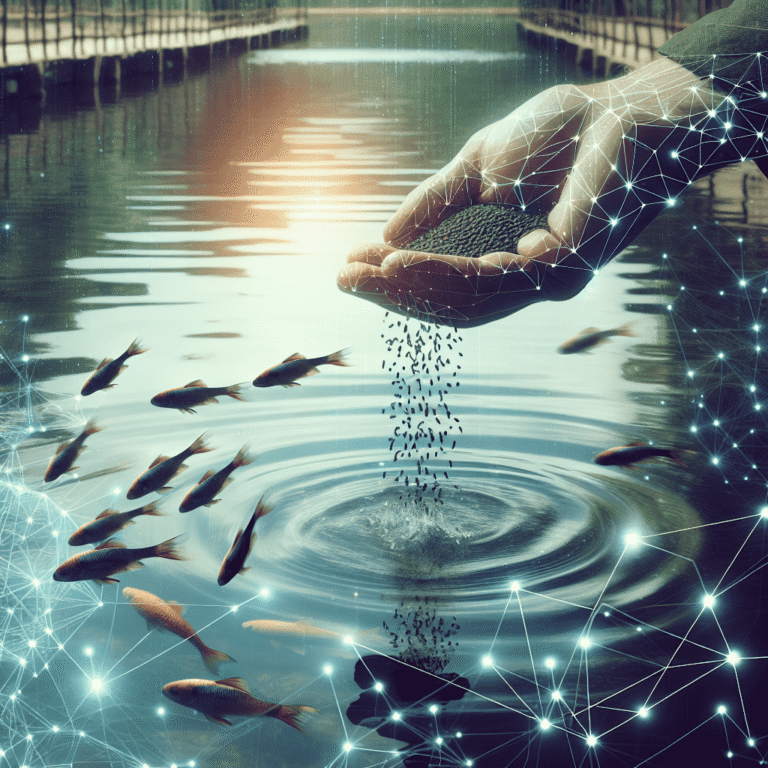Artificial Intelligence technology is making significant inroads in the fish farming industry, with new systems designed to optimize operations and support ongoing conservation initiatives. These advanced tools harness vast datasets, empowering farmers to monitor aquatic environments, predict fish behavior, and automate feeding processes with unprecedented accuracy.
By integrating sensors and real-time data analysis, Artificial Intelligence platforms are able to detect subtle shifts in water quality, track fish health, and anticipate potential threats such as disease outbreaks or suboptimal conditions. This level of monitoring enables proactive interventions, reducing resource waste and supporting more sustainable aquaculture practices.
The adoption of Artificial Intelligence in U.S. fish farming also contributes to conservation efforts by improving the efficiency of food production while minimizing environmental impact. These technological advancements are laying the groundwork for scalable, eco-friendly seafood production, positioning the United States as a leader in modern aquaculture innovation.

